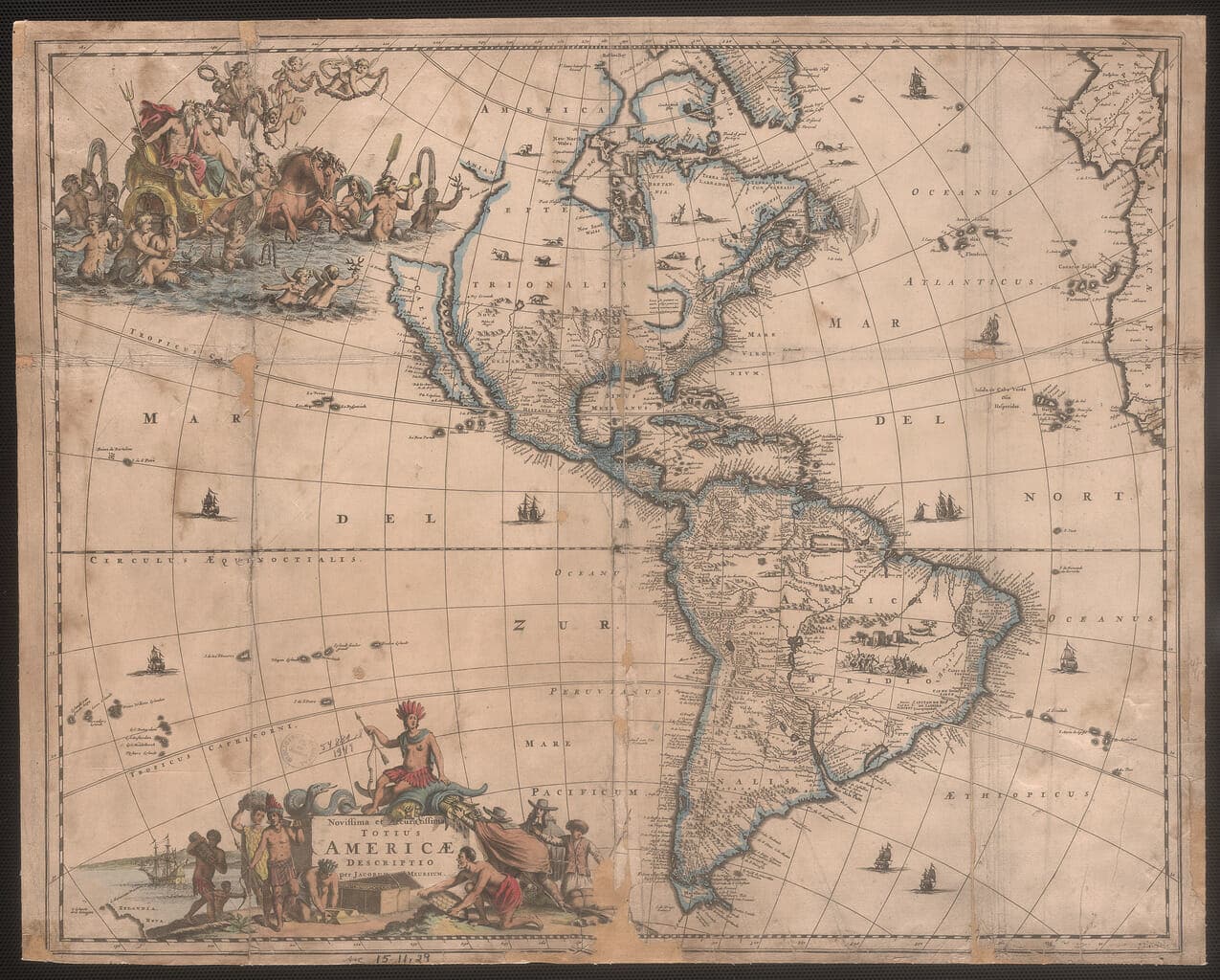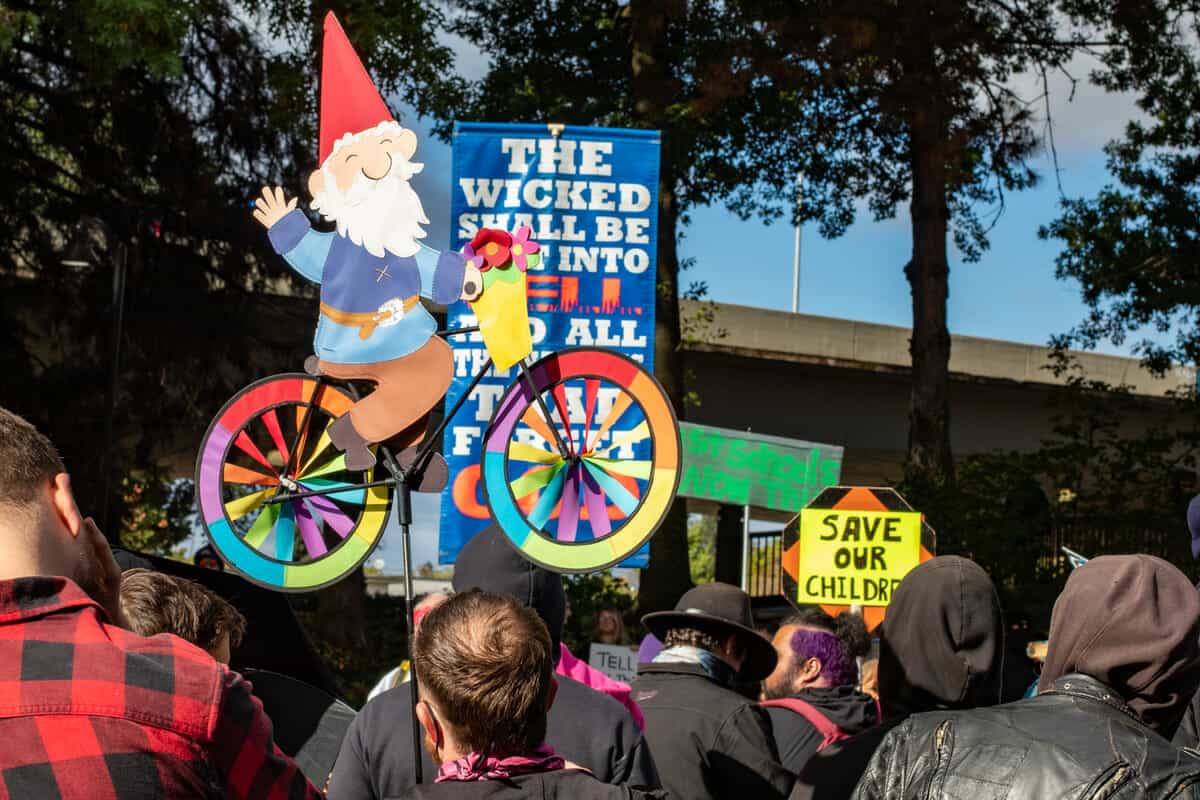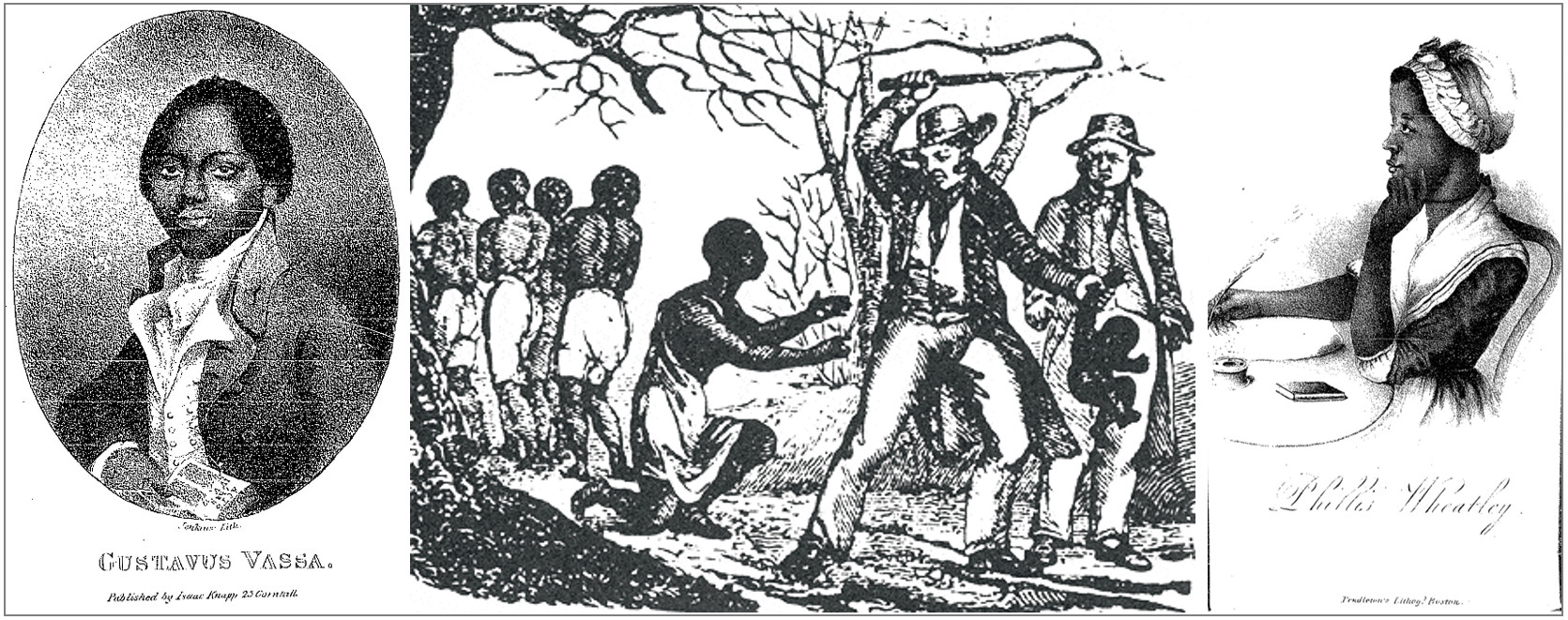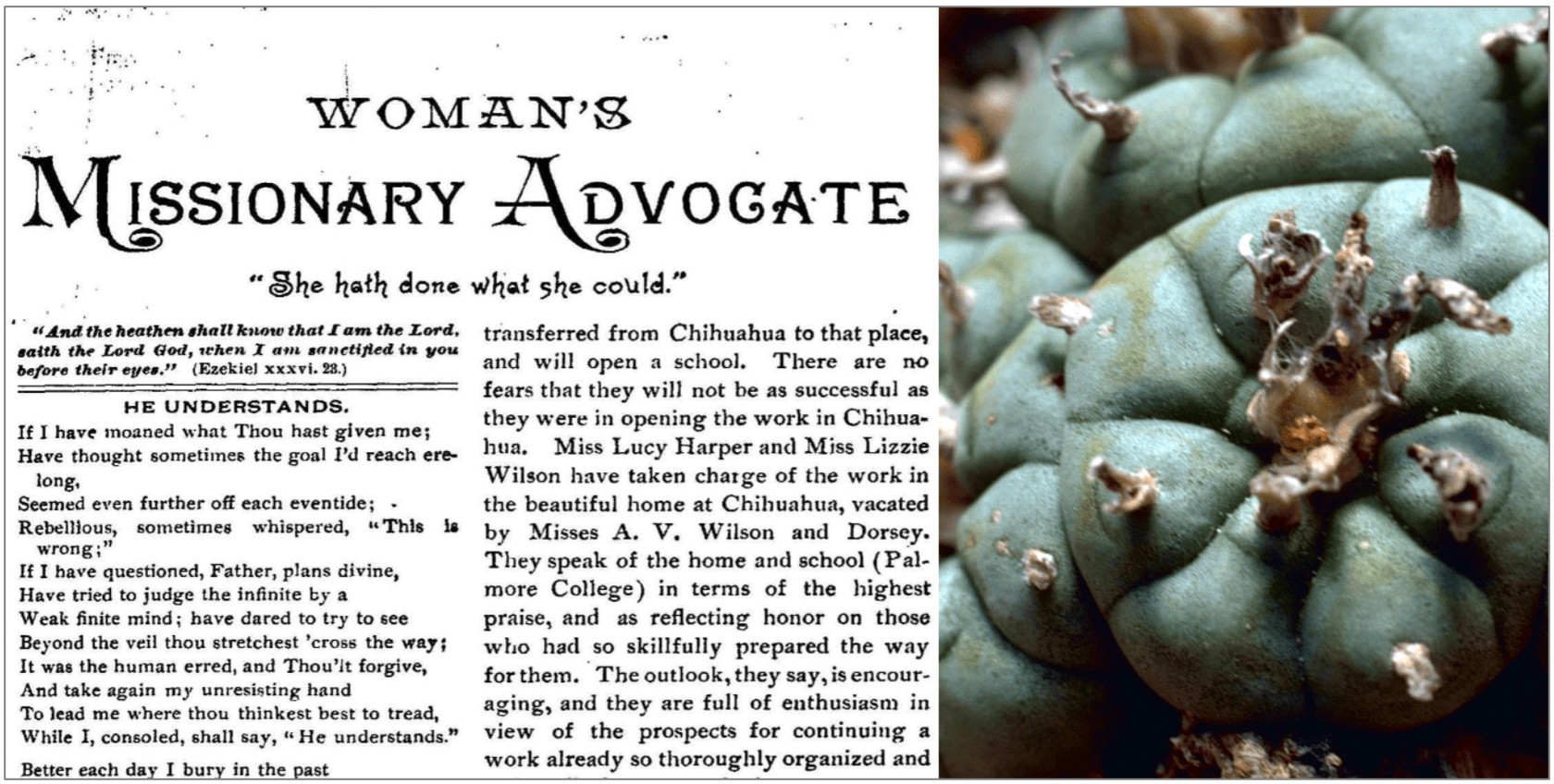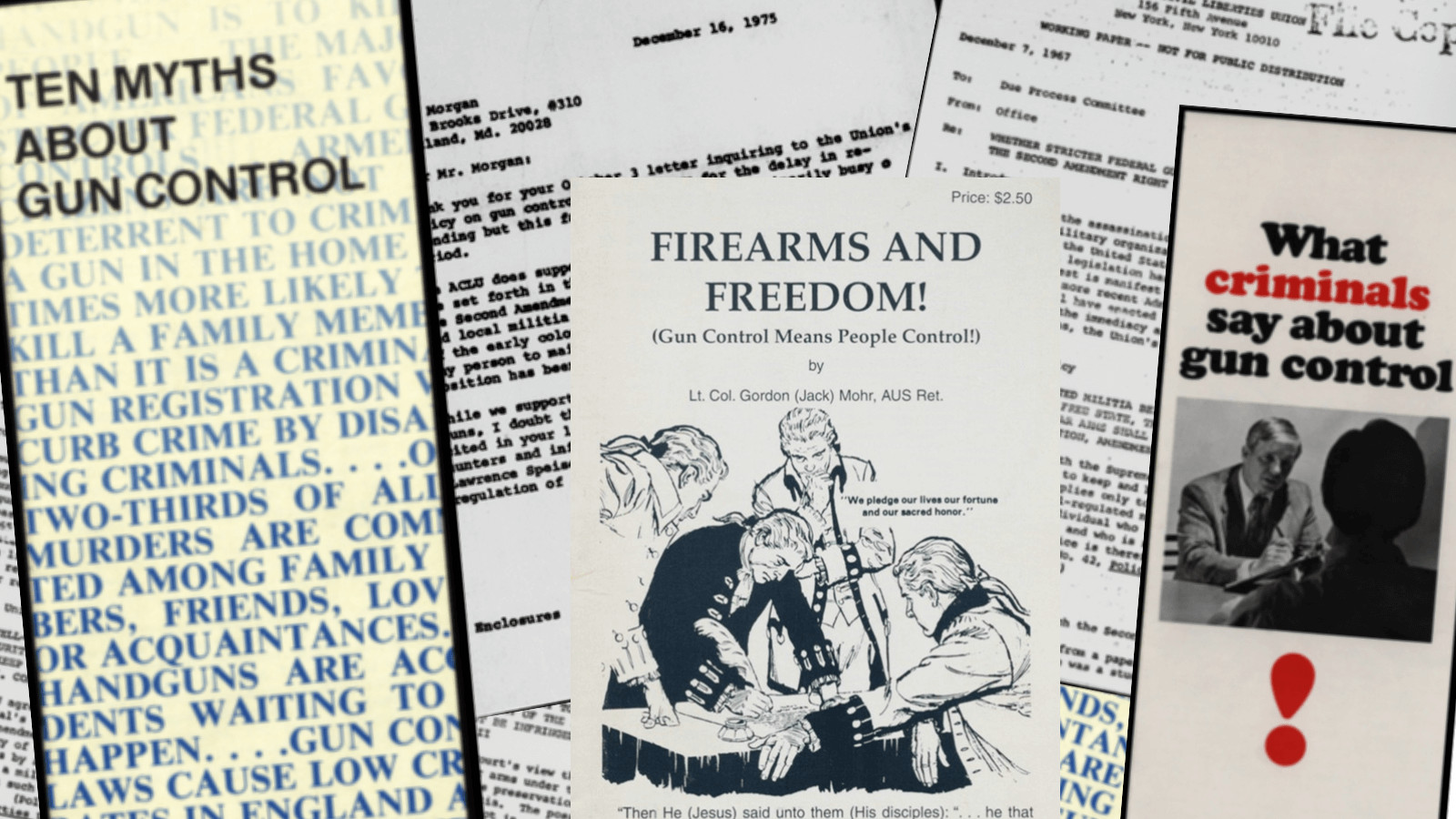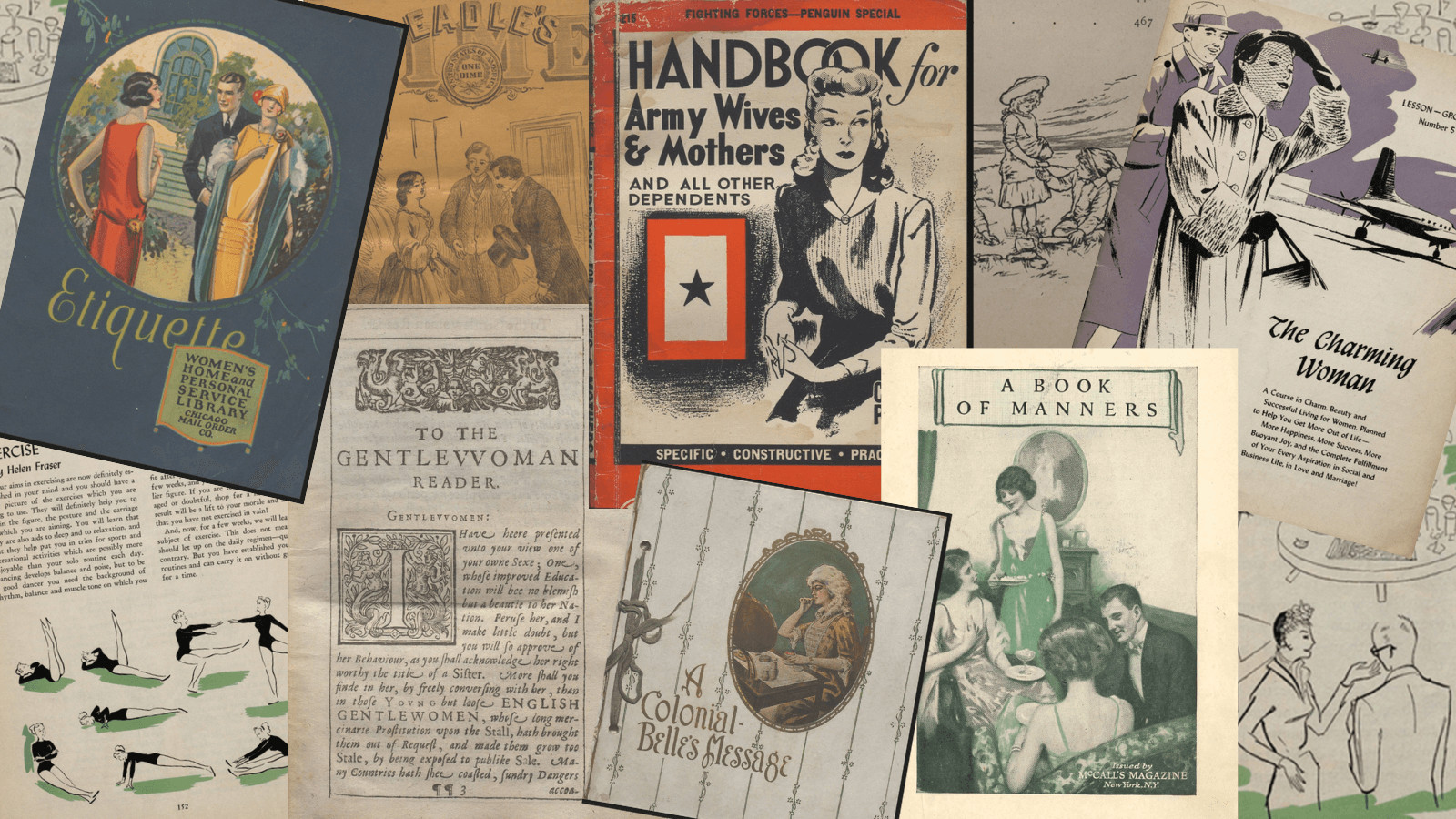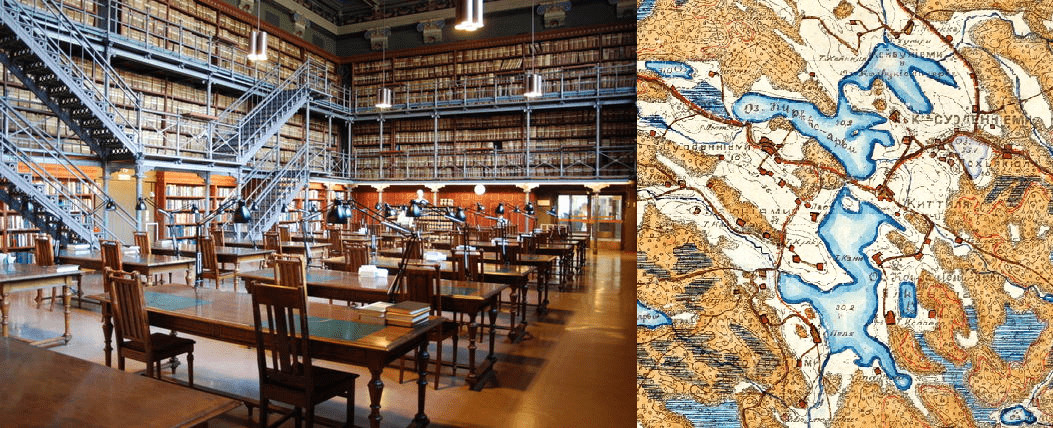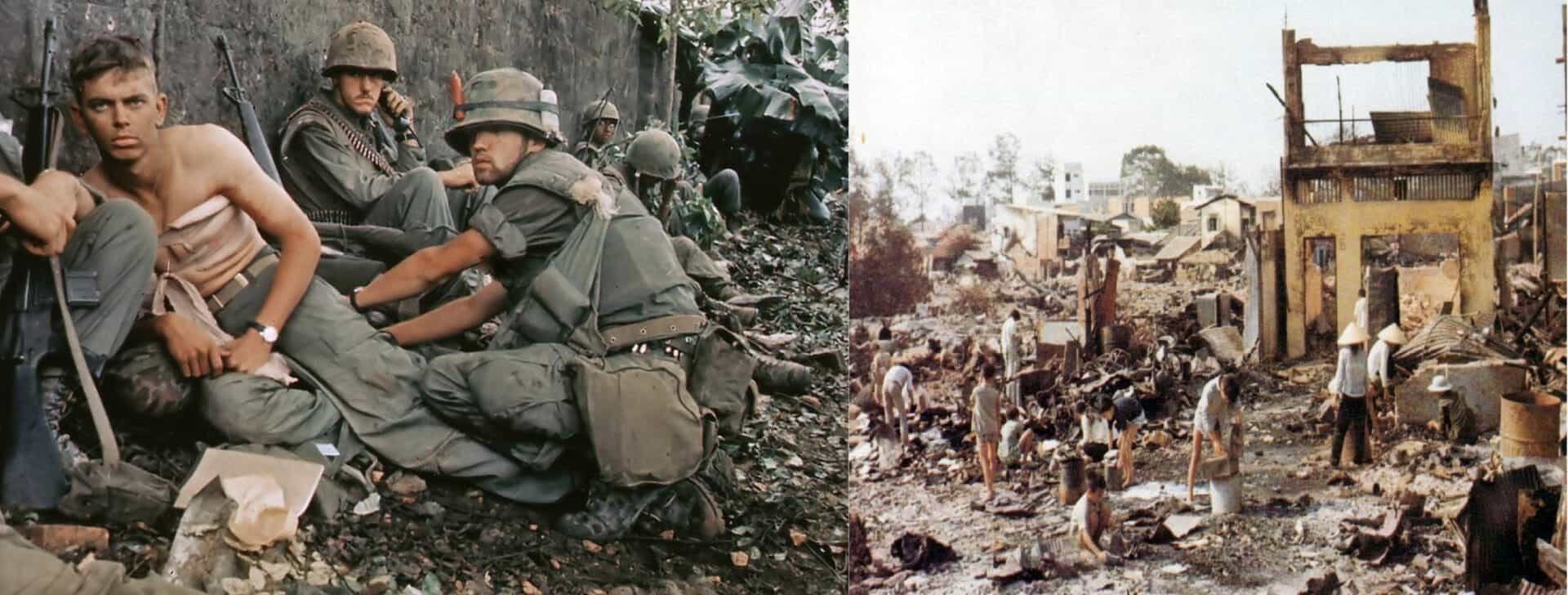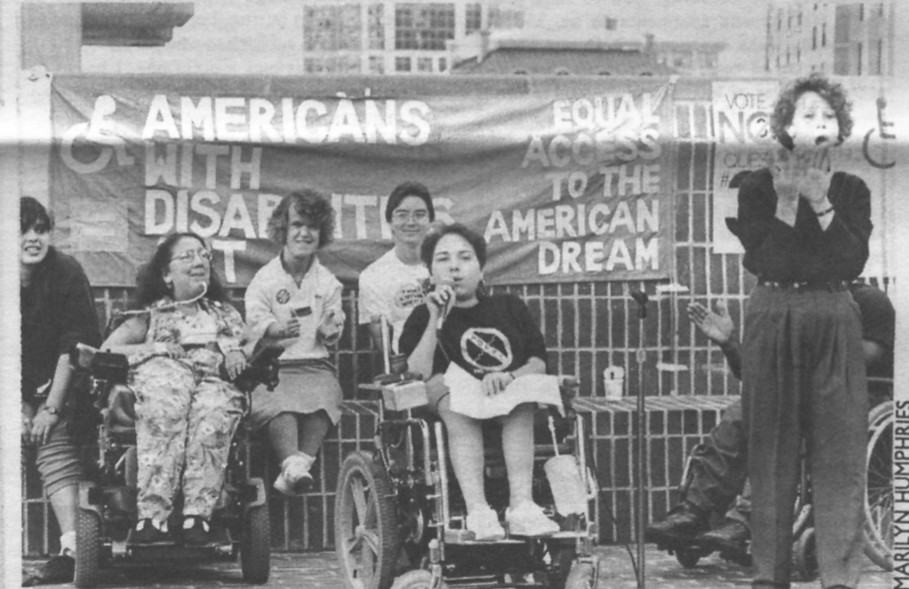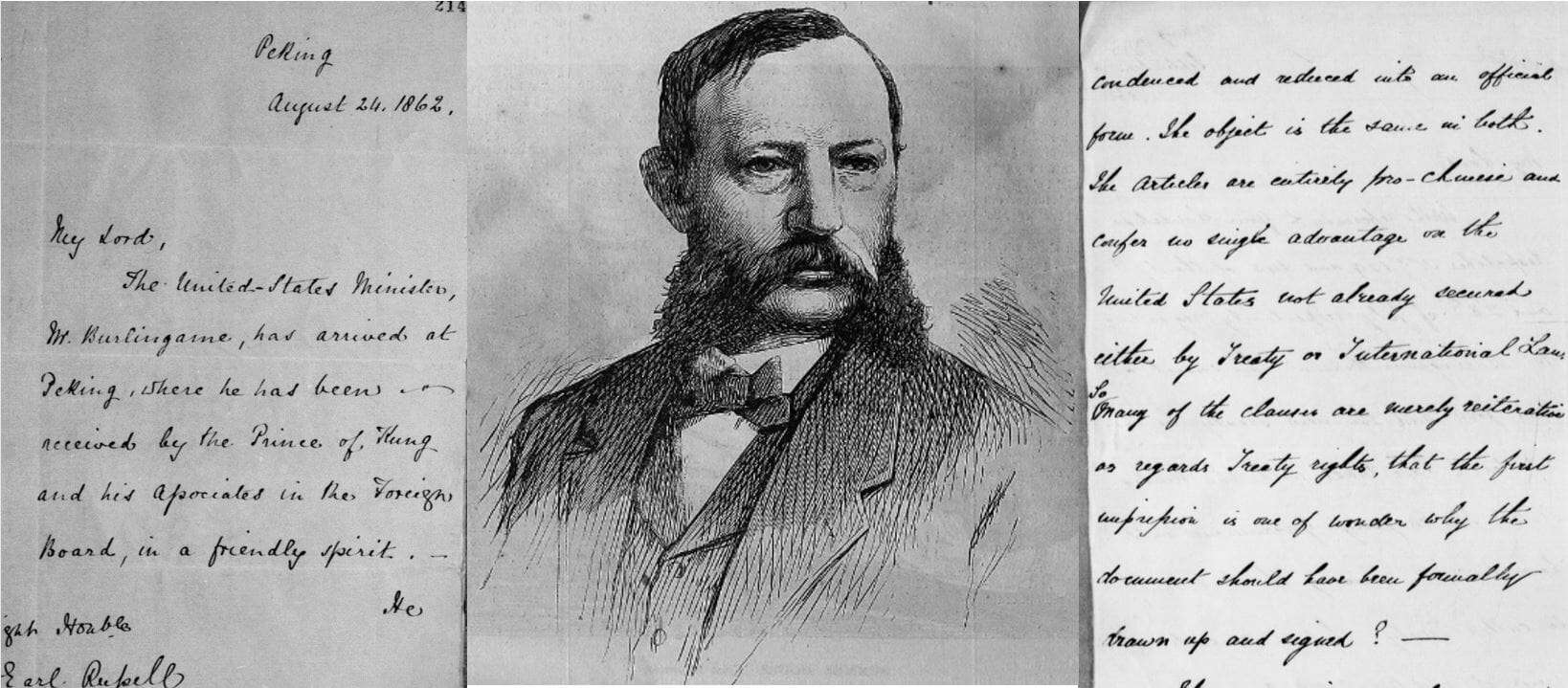|By Lola Hylander, Gale Ambassador at University College London|
Four years ago, when I began studying History and Politics of the Americas at University College London, I had little prior knowledge about the region of Latin America and the Caribbean. I’d studied History A-Level in the UK, but the syllabus focused mainly on European revolutions. My knowledge of Latin America and the Caribbean was limited to the perspective of Europe. For example, I had studied Napoleon III’s attempt to colonise Mexico, but from the perspective of France.
Joining the Institute of the Americas was, therefore, a big adjustment. I had to free myself from the Eurocentric framework I had developed in school. Using primary sources helped me familiarise myself with the region, and students of the region should check out Gale’s Archives of Latin American and Caribbean History, Sixteenth to Twentieth Century database to do so. I found some engaging sources in the Latin American and Iberian Biographies collection on three of the most significant liberators of Latin America and the Caribbean, and these men’s stories can teach us useful lessons about studying the Americas.

